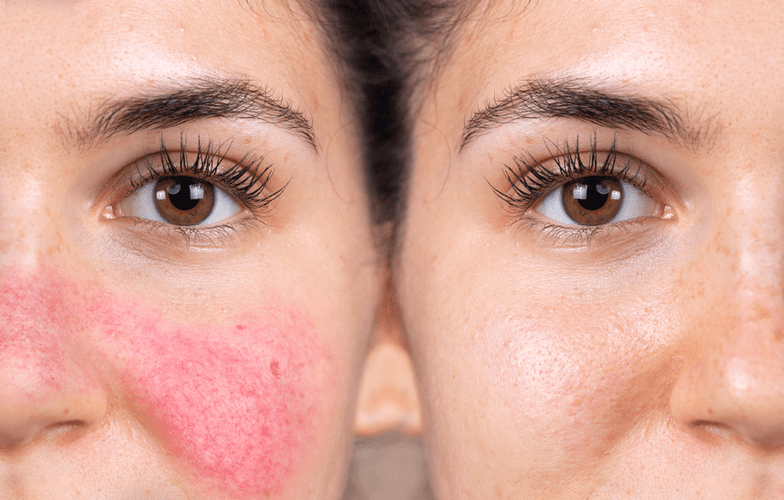That feeling of fear and the hands shaking are alcohol withdrawal symptoms. These depressant actions wear off after a person stops drinking alcohol, and the nervous system becomes overexcited. Alcohol shakes, or tremors, are a symptom of alcohol withdrawal that may occur in people when they quit drinking or significantly reduce their alcohol consumption.
Understanding the Body’s Response to Alcohol
As the withdrawal progresses, these symptoms may peak – often within the first 24 to 48 hours – and then will begin to diminish over the following days. If you are thinking about quitting drinking, talk to your healthcare provider. Medical supervision, behavioral health treatment, and mutual-aid groups can help you through alcohol withdrawal and stay stopped. For most people, alcohol withdrawal symptoms will begin sometime in the first eight hours after their final drink. Healthcare providers typically prescribe short-term medications to relieve the symptoms of mild to moderate alcohol withdrawal.
- These range from medication to managing symptoms with the help of healthcare professionals to comprehensive care in a specialized facility.
- “I remember being extremely curious about why people are engaging in substance abuse when it’s obviously disrupting their lives in really deleterious ways,” she says.
- Alcohol withdrawal requires professional help if you or someone you know cannot abstain from alcohol because of severe withdrawal symptoms.
- It’s difficult to predict who will and who won’t experience alcohol withdrawal — and how severe it will be.
- Physical therapists can teach you exercises to improve your muscle strength, control and coordination.
- There are many ways you can take control of your sobriety and live a better life.
- For some, outpatient treatment with medication to ease symptoms might be sufficient.
What is the treatment for alcohol withdrawal?
Withdrawal symptoms occur as the brain struggles to adapt to the absence of alcohol and return to a state of equilibrium. As we talked about above, consuming too much alcohol has a very dehydrating effect on your body, and your nervous system tries to start recovering balance as the alcohol wears off. Shakes in this situation may just be a sign of a bad hangover and can be remedied with rest, hydration, light exercise and Sober House not drinking more. However, it is important to note that shaking after drinking does indicate that you’re drinking too much. If you’re regularly dealing with shakes or other severe hangover symptoms, it might be time to take a step back and reevaluate your relationship with alcohol. If you’ve ever experienced a night of heavy drinking, chances are you know what it feels like to wake up the next day and feel jittery.
What Are Alcohol-induced Shakes And Tremors?
This may also occur in people with alcohol use disorder (AUD) during a hangover. After a heavy drinking session, your brain can get used to lower levels of stimulation caused by alcohol’s depressant effects. When you wake up, your brain becomes overwhelmed with activity, triggering tremors and shaking during a hangover. Clonidine is the most commonly prescribed alpha-2 adrenergic agonist for patients undergoing alcohol detox. Clonidine suppresses central nervous system overactivity to minimize the severity of withdrawal symptoms and help patients complete the detoxification process.

Alcohol withdrawal causes a range of symptoms when a person with alcohol use disorder stops or significantly decreases their alcohol intake. The symptoms can range from mild to severe, with the most severe being life-threatening. These symptoms are to be expected as brain chemistry becomes regulated https://parliamentobserver.com/2024/05/27/top-5-advantages-of-staying-in-a-sober-living-house/ and normalized during the first 6-12 months in recovery, so individuals should not be discouraged if they do experience PAWS. Alcohol tremors can be debilitating and can make doing simple daily tasks much more difficult. Hangover shakes are typically considered a minor symptom of alcohol withdrawal.


